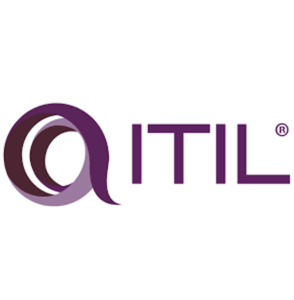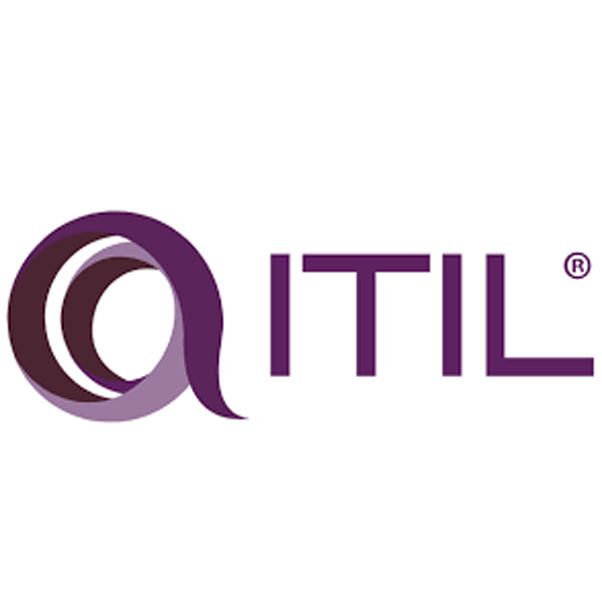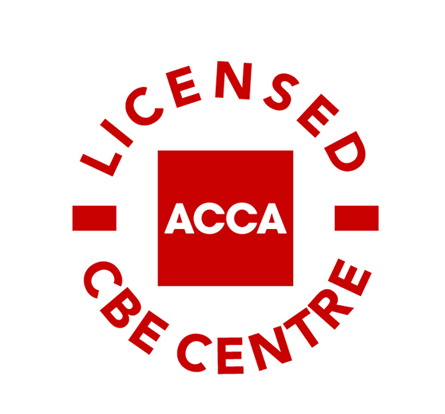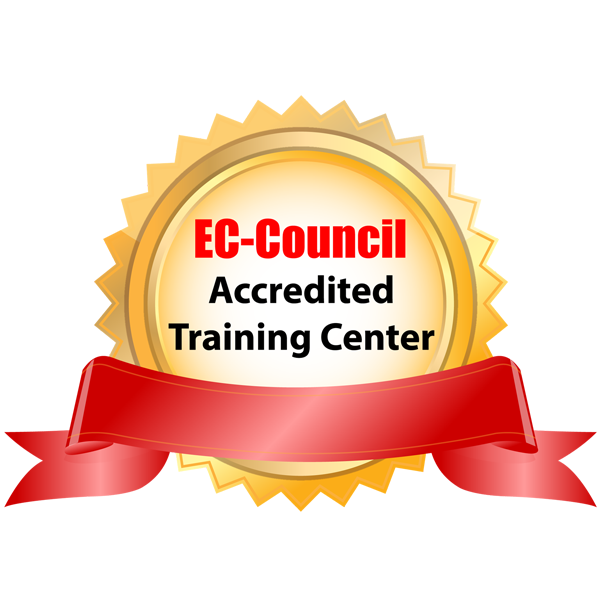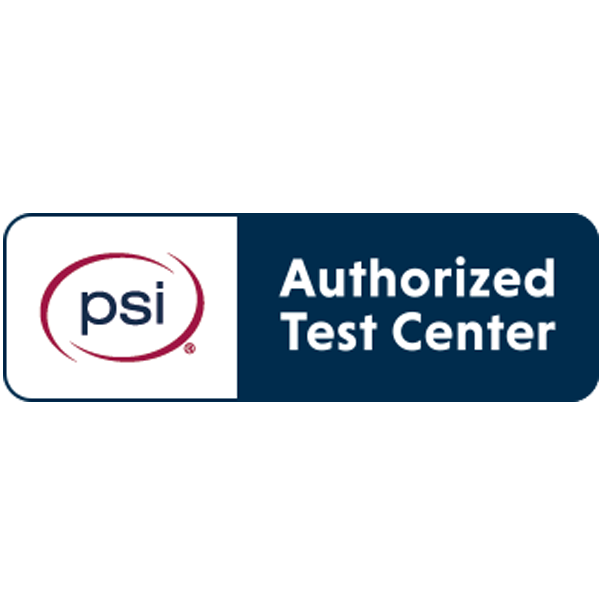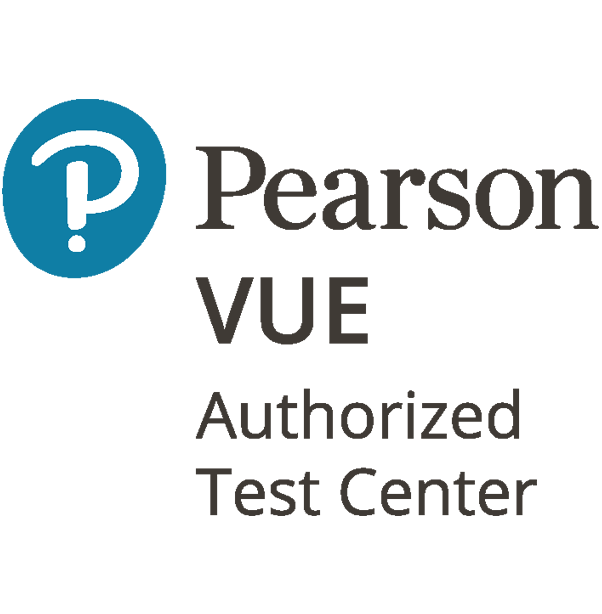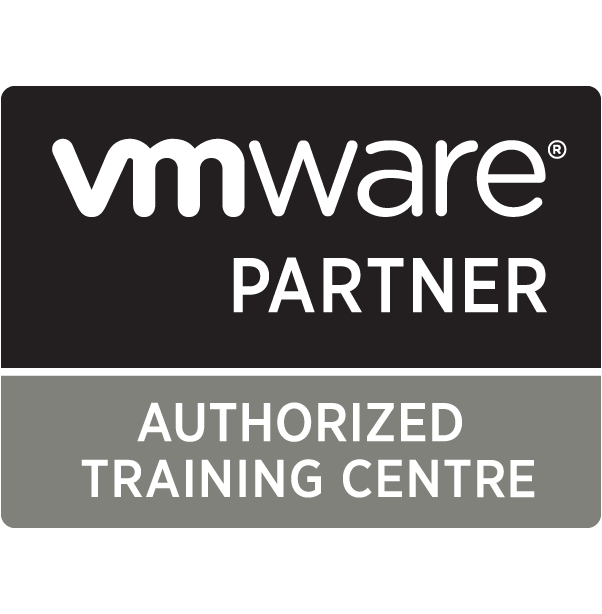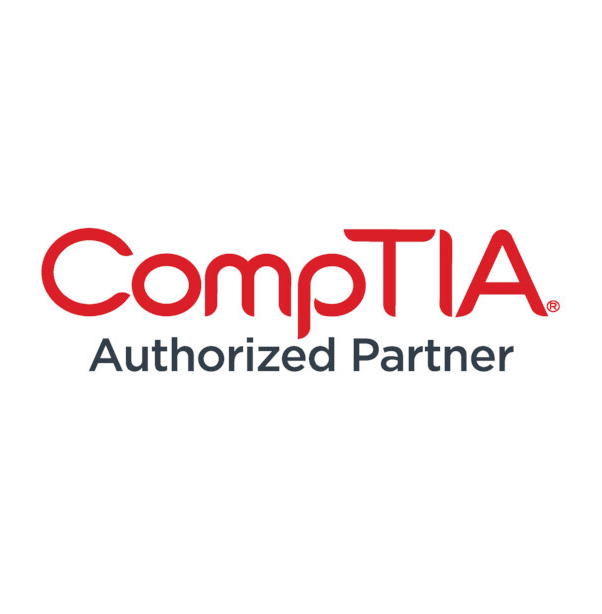ITIL® 4 Foundation – Template
IT ITIL 4 Foundation
ITIL stands for the Infrastructure Library, an internationally accepted IT service delivery framework. The ITIL recommends best practices for IT service management (ITSM) to support the standardization of various processes and stages in the IT lifecycle.
The ITIL started in the 1980s when the United Kingdom’s Central Computer and Telecommunications Agency (CCTA) saw a need to establish standardized guidelines to avoid inconsistencies among the increasingly diverse IT architectures.
The first version of ITIL was released in 1989, but the framework continues to be revised, overseen by Axelos. The current iteration, ITIL 4, has evolved to meet IT administrators’ needs adapting to newer IT management approaches. Thus, along with providing best practices for incident management and continual improvement, it also addresses cloud computing, automation, AI, DevOps, Agile and more.
ITIL recognizes the importance of integrating ITSM with other business areas by focusing on seven guiding principles, as described by IFS Assyst:
Focus on value
Start where you are
Progress iteratively with feedback
Collaborate and promote visibility
Think and work holistically
Keep it simple and practical
Optimize and automate
The ITIL certification training is a requirement for people who want to understand the concept of ITIL frameworks and enhance the quality of IT Service Management. ITIL certified professionals can earn up to 40-percent more than their non-certified peers.
The benefits of ITIL certification extend to both the individual and the IT environment. Consider these main advantages.
All IT professionals, IT project managers, IT managers, IT project or team members, coordinators, network operators, business process analysts, IT architects, consultants, systems integrators, help desk managers and staff, planners, managed service providers, outsourcers, application developers, and other IT-related positions.
Learners need to possess an undergraduate degree or a high school certificate.
Anyone seeking ITIL Foundation certification and everyone interested in aligning IT with business, controlling or reducing IT costs, improving IT service quality, and balancing IT resources in the most effective manner.
- IT Service Management definitions; Service, Utility, Warranty, Customer, User, Service management, Sponsor
- Key concepts of value creation
- Key concepts of service relationships; service offering; service provision; service consumption; service relationship management
- The nature, use and interaction of 7 ITIL guiding principles; Focus on value; Start where you are; Progress iteratively with feedback; Collaborate and promote visibility; Think and work holistically; Keep it simple and practical; Optimize and automate
- The 4 dimensions of service management; Organizations and people; Information and technology; Partners and suppliers; Value streams and processes
- The ITIL service value system
- The service value chain, its inputs and outputs, and its role in supporting value streams
- Service value chain elements; Plan, Improve, Engage, Design & transition, Obtain / Build, Deliver & support
- Detail of how the following ITIL practices support the service value chain:
- Continual Improvement (including continual improvement model)
- Change control
- Incident management
- Problem Management
- Service request management
- Service desk
- Service level management
- The purpose of the following ITIL practices
- Information security management
- Relationship management
- Supplier management
- Availability management
- Capacity and performance management
- Service configuration management
- IT asset management
- Business analysis
- Service continuity management
- Deployment management
- Monitoring and event management
- Release management

ITIL 4 is the acronym for Information Technology Infrastructure Library, basically a set of best practices for delivering IT services. It offers a practical framework that focuses on the identification, planning, delivery, and support of IT services to the core business functions of an organization.
Implementing ITIL leads to greater visibility of IT costs, better asset utilization, reduced costs, and higher customer satisfaction.
